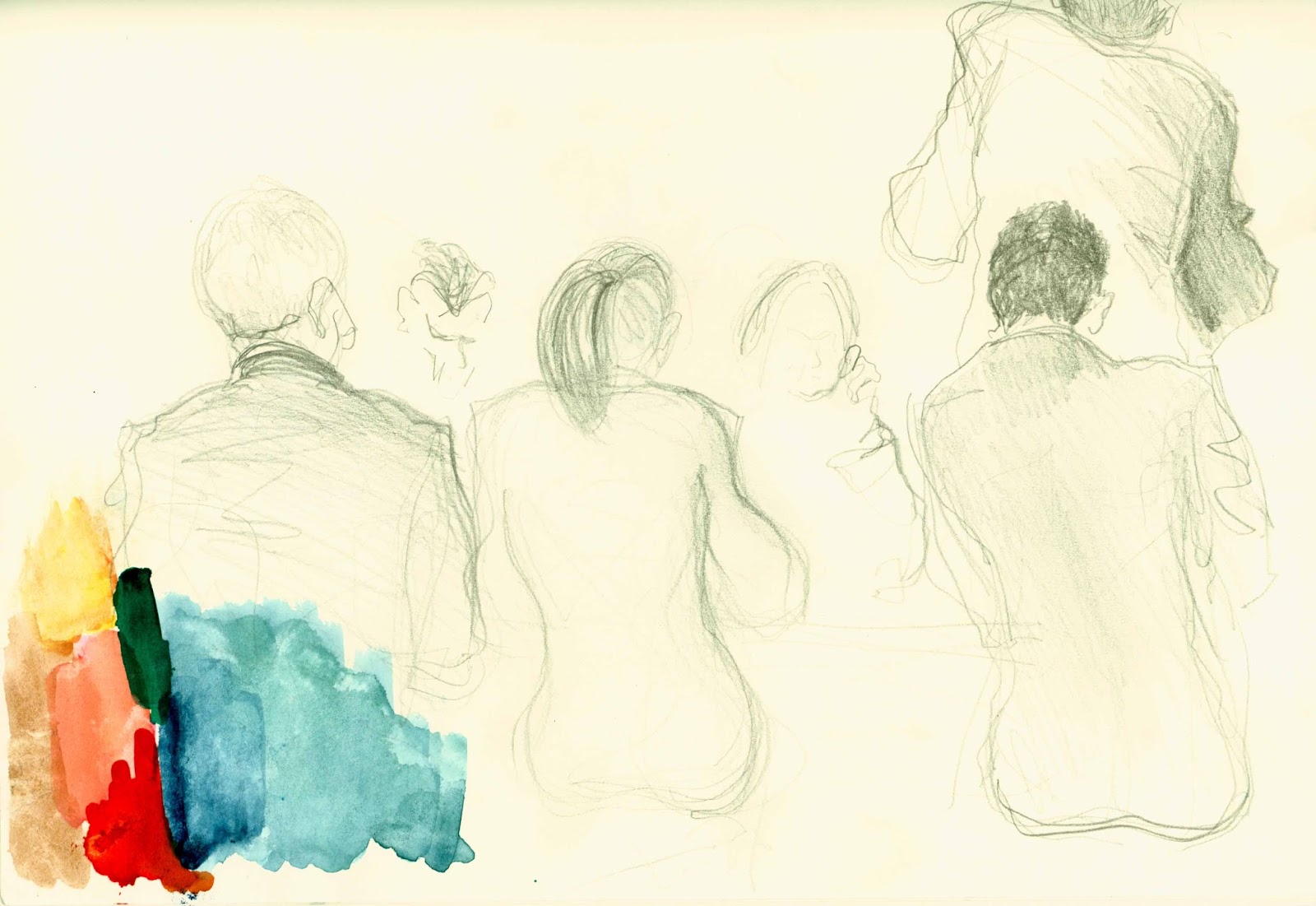[contextly_auto_sidebar]
The law on joint enterprise was ‘inherently flawed’ and frequently led to miscarriages of justice, a group representing some 550 prisoners – most of whom are presently serving life sentences – told the Supreme Court this week. JENGbA (Joint Enterprise Not Guilty by Association) was invited to intervene in the case of R v Jogee which is believed to be the first time that the Supreme Court has looked at the highly contentious common law doctrine.
JENGbA argued that joint enterprise liability should only be possible where the prosecution proved the secondary party assisted or encouraged the primary offender ‘either intending or believing that the primary offender would kill with the requisite intent’. It continued: ‘The likelihood is that the secondary parties’ mens rea would then have to be established with reference to acts of assistance or encouragement, rather than from the mere fact of his participation in a lesser crime and foresight as to what the primary offender might do.’
The Supreme Court spent this week looking at whether the prosecution had to prove that a secondary offender foresaw the primary offender’s acquisition and use of a weapon for murder as ‘probable’ as opposed ‘possible’.
 JENGbA, a grass roots campaign mainly comprising working class women, has played a key part in pushing for reform of the law for the last five years. The group persuaded the dramatist Jimmy McGovern to make the BBC film Common on the topic (he’s now a patron) and played a key part in the House of Common’s justice committee looking twice. At the end of last year, MPs on the committee warned of the danger of ‘justifying’ the controversial joint enterprise doctrine simply because it delivered a ‘social message’ about the perils of gang crime rather than being necessary under the law.
JENGbA, a grass roots campaign mainly comprising working class women, has played a key part in pushing for reform of the law for the last five years. The group persuaded the dramatist Jimmy McGovern to make the BBC film Common on the topic (he’s now a patron) and played a key part in the House of Common’s justice committee looking twice. At the end of last year, MPs on the committee warned of the danger of ‘justifying’ the controversial joint enterprise doctrine simply because it delivered a ‘social message’ about the perils of gang crime rather than being necessary under the law.
JENGbA raised £10,000 to cover the costs of this week’s intervention through a crowd-funding campaign via CrowdJustice. The group’s solicitor Simon Natas of ITN Solicitors and Tim Moloney QC and Jude Bunting of Doughty Street drafted the submission which argued that the current law of joint enterprise was ‘both conceptually and practically flawed’ on three grounds. Firstly, joint enterprise represented ‘a significant and unjustified departure from the historical jurisprudence on secondary liability’; it was ‘contrary to legal principle’ and risked ‘serious injustice’; and, finally, there needed to be a reformulation of the test for liability ‘re-emphasising the importance of intent’.
JENGbA argued that the test of joint enterprise had contributed to ‘a disconnect between public expectations of justice and the reality of the criminal courts’.
‘The available evidence on public opinion suggests strong support for the concept that the murder conviction should only be imposed on those who delivered the fatal blow and those who intended that the victim should be killed or seriously injured.’
JENGbA
The group also argued that those wrongly convicted as secondary parties under joint enterprise faced an almost impossible challenge overturning convictions. They cited evidence from the Criminal Cases Review Commission to the justice committee last year about the additional ‘obstacles’ faced by such applicants.
For example, the CCRC pointed out that forensic evidence, or its absence, might not render a conviction unsafe if the applicant was ‘a secondary encourager on the fringes of an attack’. The Commission also told MPs that evidence on mental state was likely to be problematic as joint enterprises tended to be ‘on the spur of the moment and the relevant state of mind… fleeting’.








